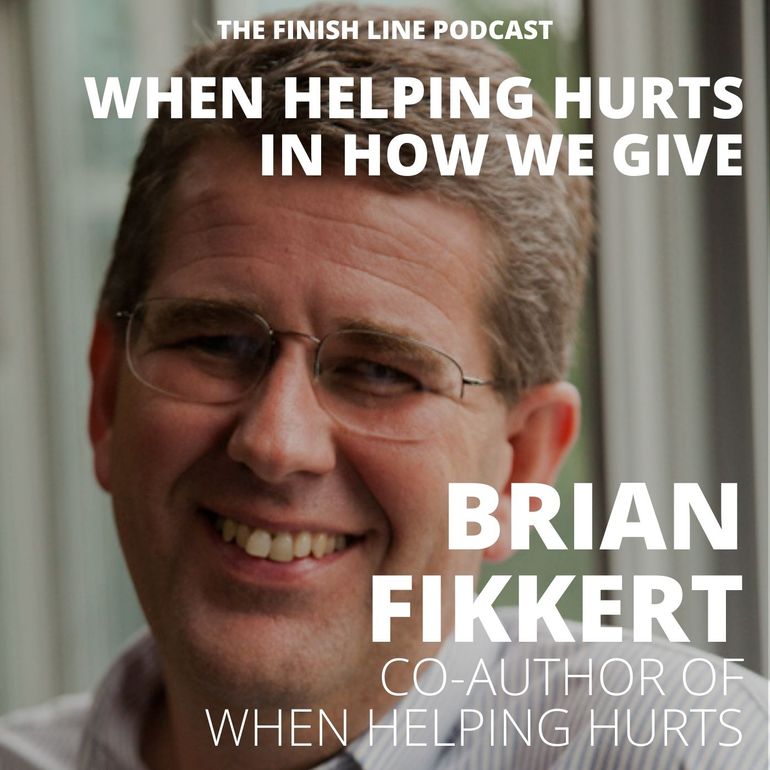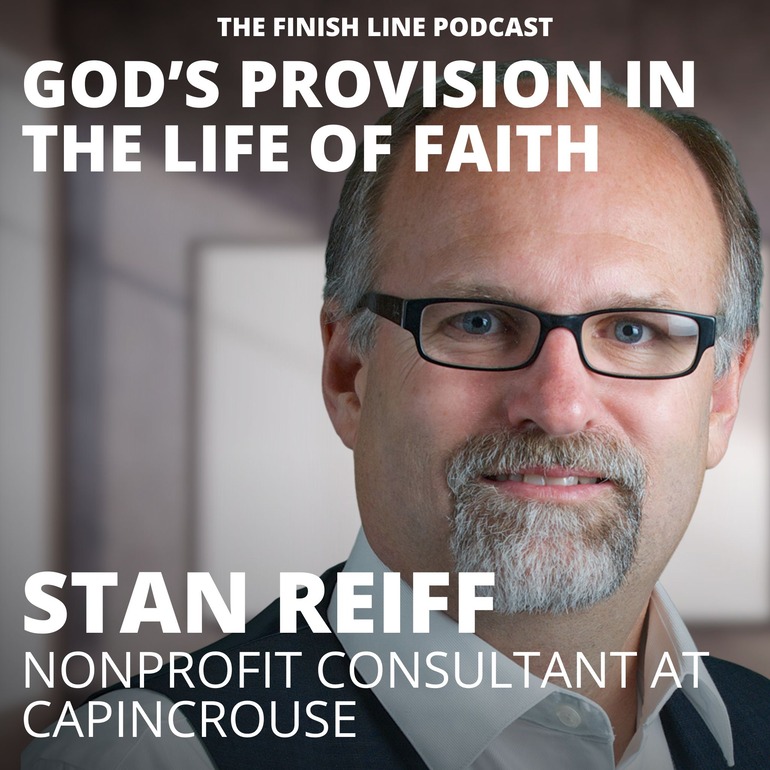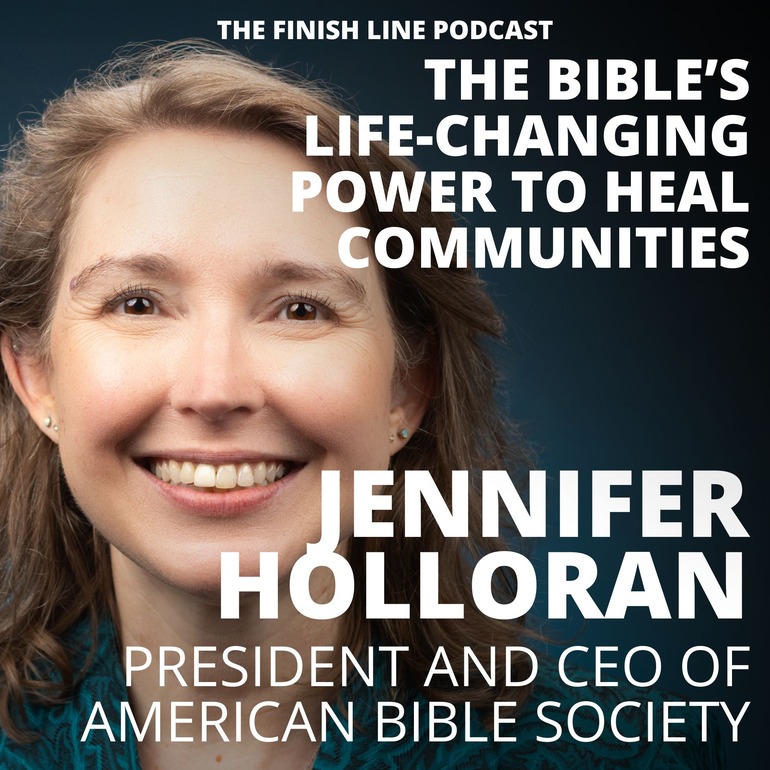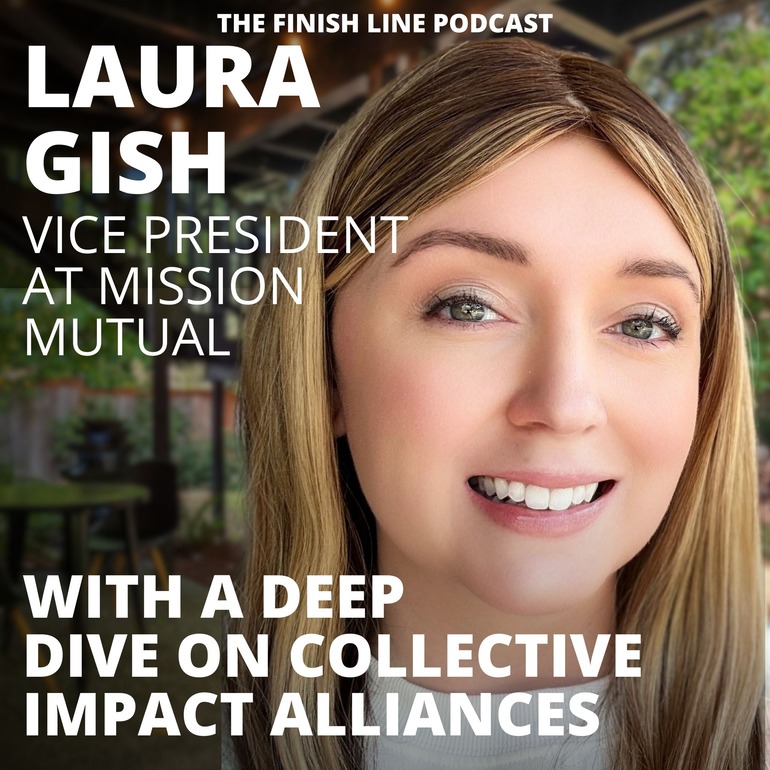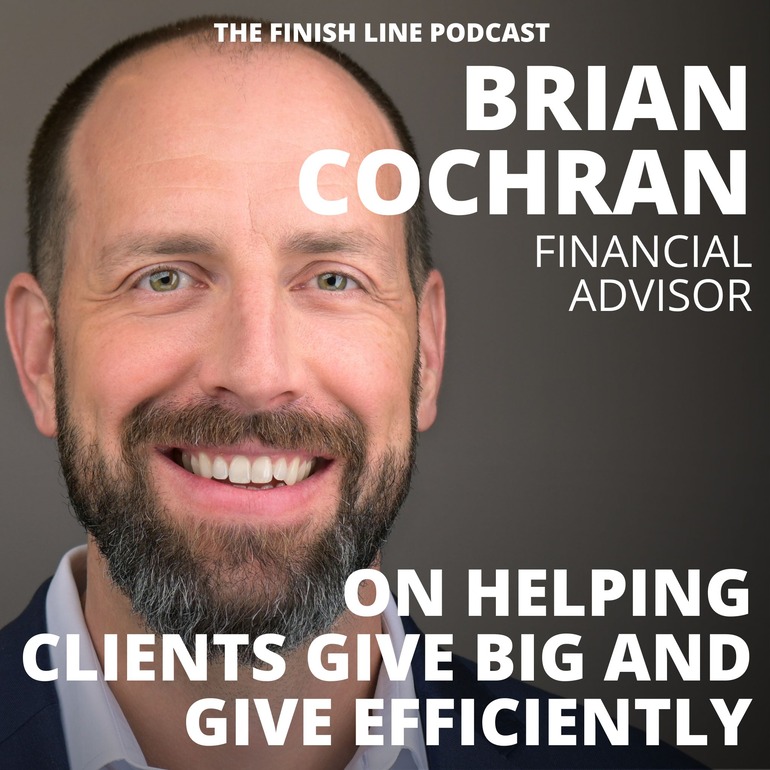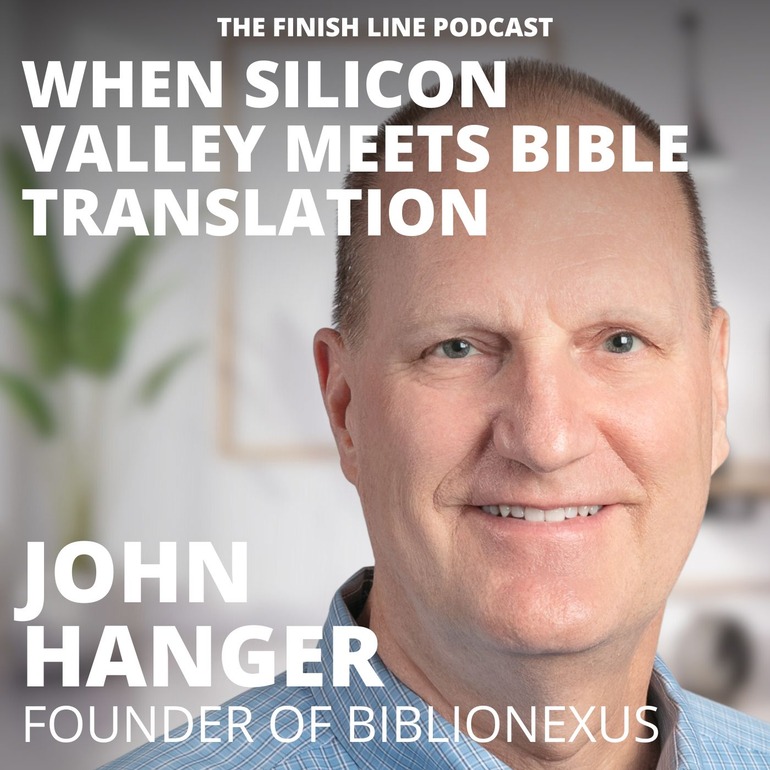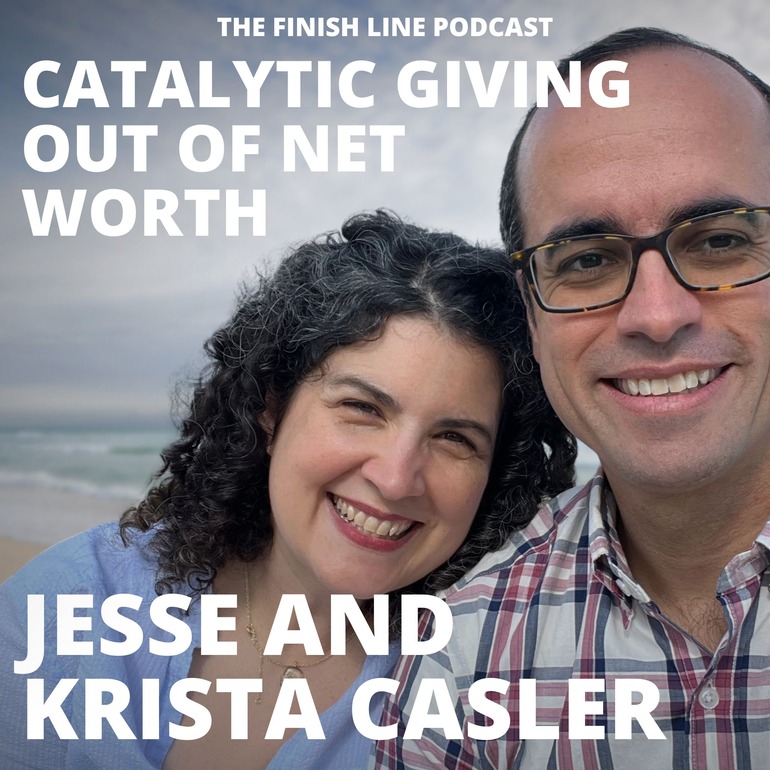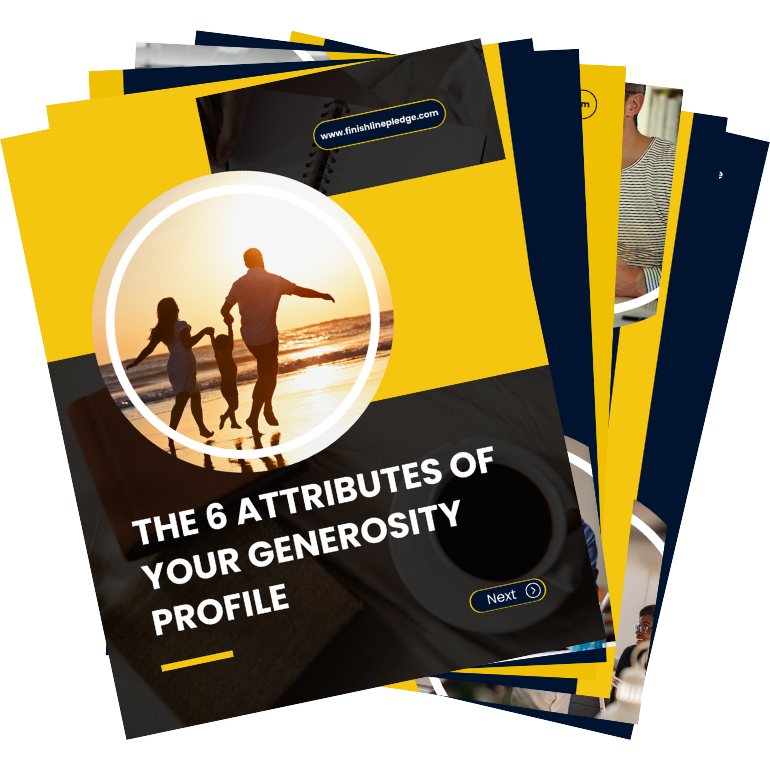Listen to the Show
What We’ll Cover
Brian Fikkert is the Founder and President of the Chalmers Center for Economic Development as well as the co-author of the well known book When Helping Hurts. From an early age, Brian felt called to work in the area of poverty. Despite his formal training in economics, he felt early on that the prevailing understanding of poverty left much lacking. On one hand, economists tended to define people as entirely physical. On the other hand, the church tended to define people as purely spiritual. But the more Brian was exposed to the poor, the more he came to see poverty as a complicated blend of the two.
Brian founded the Chalmers Center at Covenant College to guide the Church in its response to poverty. Their initial work with microfinance and local savings unions worldwide has gone on to large scale operations with organizations like Hope International and Five Talents. And their work in the U.S. has expanded to include jobs preparedness, welfare training, and financial literacy. A number of years ago, Brian and the Chalmers Center published the well known book When Helping Hurts, which has become a cornerstone on the core principles of poverty alleviation.
Brian had a wealth of wisdom to share on topics like knowing when to provide relief, rehabilitation, and development as well as how to flip from a needs-based approach to an assets-based approach. He also had some insightful thoughts on the ways that donors and nonprofits interact with each other and how we as givers can most wisely steward the dollars given to us. Listen now to hear all Brian had to share!
Quotes to Remember
- “We tend to define poverty as a lack of physical things, hence our solutions tend towards providing physical things”
- “The poor tend to describe their condition in far more psychological and social terms.”
- “If you can actually get people working again, it has it’s own therapeutic effect.”
- “Most poor people in the world are not in a crisis, they are actually in a chronic condition.”
- There is a place for bringing in outside resources when the local resources are inadequate, but those outside resources should only be brought in when they compliment the internal resources rather than crush them.”
- “I think financial supporters have one of the most difficult jobs in the whole world.”
- “We’ve got to start moving into how God really works in the world, and most of us aren’t functioning out of that very well.”
- “We are functioning out of a theory of change that is more reflective of a Western individualism than of a proper understanding of what a human being is.”
- “There’s a better story for the poor, and there’s a better story for us, than the story of the American Dream of highly individualistic, highly self-centered, highly materialistic existence.”
- “God has wired us to be priest-rulers to extend his reign and his worship from the Garden of Eden throughout all of creation. “
- “Every nonprofit is terrified of their financial resource partners.”
Links from the Show
- The Chalmers Center for Economic Development at Covenant College
- The Innovate course by the Chalmers Center
- Brian’s book When Helping Hurts
- Brian’s books Becoming Whole and A Field Guide to Becoming Whole
- Hope International (see our interview with founder, Jeff Rutt or CEO, Peter Greer)
- Five Talents
- Compassion International
- Tear Fund
- Reconciled World
- Seed Effect
- First Fruit
- The Finish Line Community Facebook Group
- The Finish Line Community LinkedIn Group
Bible References from the Show
1 Peter 2:9 | The Royal Priesthood
9 But you are a chosen race, a royal priesthood, a holy nation, a people for his own possession, that you may proclaim the excellencies of him who called you out of darkness into his marvelous light. Revelation 5:10 | Kings and Rulers 10 and you have made them a kingdom and priests to our God, and they shall reign on the earth.
We Want to Hear from You!
If you have a thought about something you heard, or a story to share, please reach out! You can find us on Instagram, Facebook, and LinkedIn. You can also contact us directly from our contact page. If you want to engage with the Finish Line Community, check out our groups on Facebook and LinkedIn.

